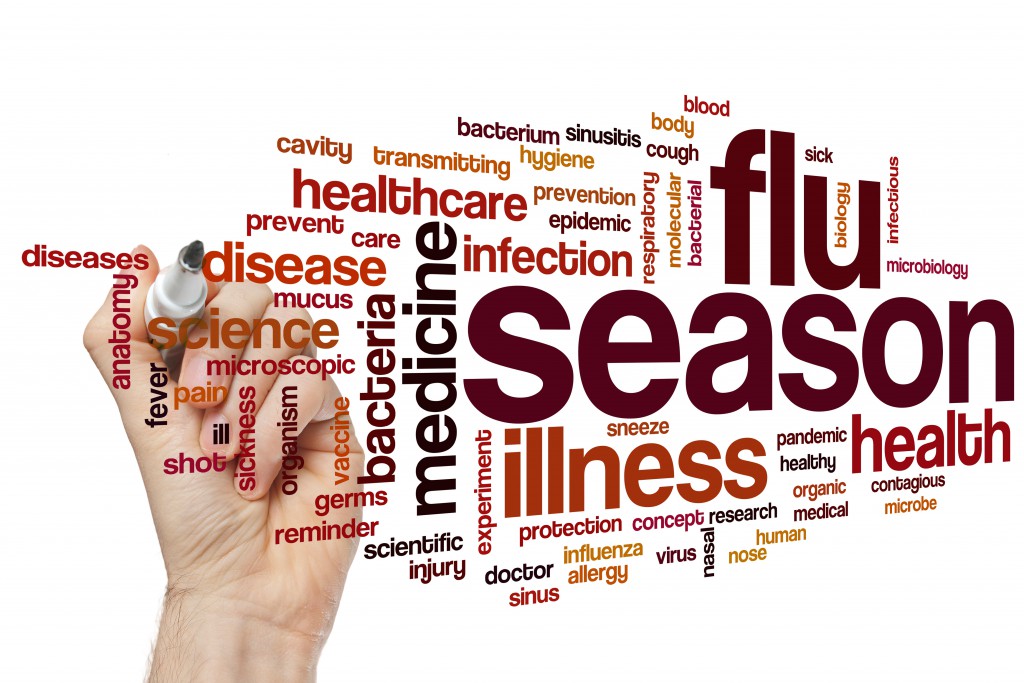When it comes to infections, young children and seniors are the most susceptible because of their fragile immune systems. In fact, the American Academy of Family Physicians wrote that infectious diseases cause one-third of senior deaths. If you are a caregiver, you should be especially aware of these three infections that are particularly prevalent among the elderly:
1. The flu
When you see signs advertising flu shots for seniors, there’s a reason why – seniors are the most likely age demographic to contract this illness and potentially die from it. The AAFP noted that between 80 percent and 90 percent of all flu-related deaths occur in the elderly population. To protect your loved one from the flu, consult his or her doctor. You may find a flu vaccination is in order. Knowing the symptoms of the flu is incredibly important, as early detection is key in fighting the illness in older individuals. Some physicians will prescribe antiviral agents to senior patients at the onslaught of the flu. Just be sure any medicines your older loved ones take to combat this illness will not have harmful interactions with any medicines they are currently taking.
2. Urinary tract infections
For most younger people, a UTI is merely a few uncomfortable days of painful urination. Older individuals have different physical responses. The AAFP noted that UTIs are the most frequent bacterial infection and cause of bacteremia in the elderly. Seniors who use catheters or have neurogenic bladders are at a particular risk of contracting UTIs. Seniors may have sudden urinary incontinence or pain in their bladders if they have a UTI. While women more commonly experience this infection than men, both sexes are susceptible. UTIs are easily treatable as long as they are caught quickly. If left untreated, a UTI can lead to life-threatening sepsis, an infection of the bloodstream. If you care for individuals with memory issues such as dementia or Alzheimer’s, it is particularly important to note any changes in their behavior or urine output, as you are more likely to spot a potential UTI than they are.
3. Pneumonia
As winter sets in, people are more likely to become sick due to decreased immune function. Oxford Journals wrote that the frequency of bacterial pneumonia increases as a person grows older. Pneumonia starts out showing nonspecific symptoms like a regular cold with a cough, sore throat or runny nose. This makes treatment especially difficult because many people wait to seek medical treatment until their symptoms have significantly worsened and pneumonia has taken hold.
The Mayo Clinic noted seniors with pneumonia may exhibit mental changes like sudden forgetfulness, so keep an eye out for this symptom. The organization also mentioned that people with heart failure or chronic lung issues are at an especially high risk of experiencing life-threatening pneumonia due to their already compromised health. Seniors with pneumonia may be hospitalized for around-the-clock monitoring as they receive antibiotics, fever reducers and cough medicine to help them rest and recuperate. Those with oxygen tanks or who require breathing assistance are very likely to be hospitalized if they have pneumonia. Other signs of the disease that you should look for include confusion, below-normal or above-normal body temperature, high or low heart rate, rapid breathing and drops in blood pressure.
If you found an error, highlight it and press Shift + Enter or click here to inform us.



